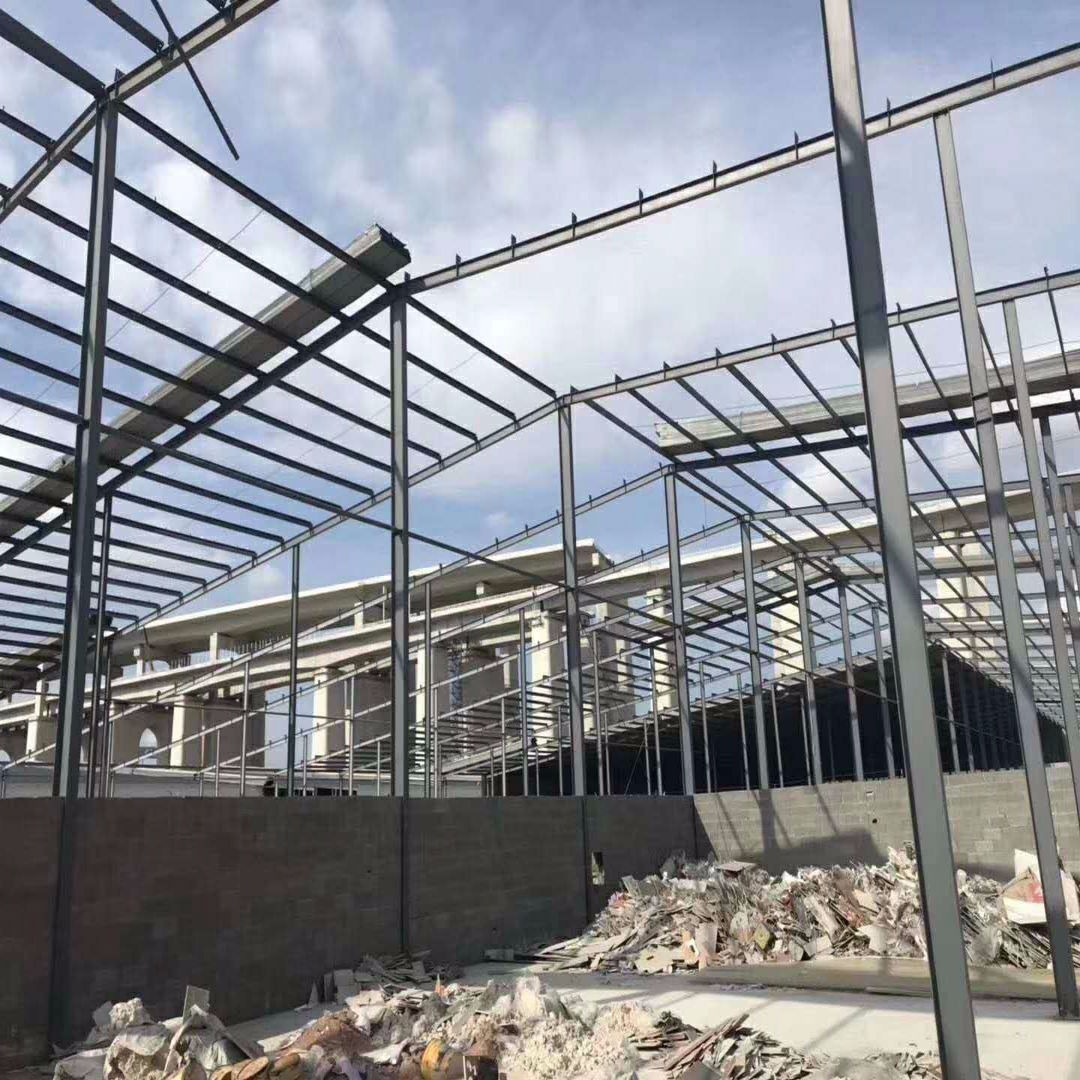Custom Sheet Metal Forming Equipment for Precision Fabrication Needs
Custom Sheet Metal Forming Machines Revolutionizing Manufacturing
In today's fast-paced manufacturing environment, custom sheet metal forming machines play a pivotal role in producing high-quality components with precision and efficiency. As industries ranging from automotive and aerospace to electronics and construction continue to evolve, the demand for bespoke solutions in metal forming has surged. This article explores the significance, applications, and innovations associated with custom sheet metal forming machines.
Understanding Sheet Metal Forming
Sheet metal forming is a manufacturing process that involves shaping flat sheets of metal into specific designs and parts through various methods, such as bending, stamping, and deep drawing. These processes enable the production of complex geometries while maintaining the integrity and strength of the metal. Custom sheet metal forming machines are tailored to meet unique specifications, allowing manufacturers to optimize their production capabilities for specific applications.
Advantages of Customization
One of the primary advantages of custom sheet metal forming machines is their ability to cater to specific production requirements. Manufacturers can design machines that align with their operational workflows, enhancing efficiency and reducing cycle times. Customization not only improves production speed but also minimizes material waste by optimizing the usage of raw materials. This bespoke approach is particularly beneficial for industries that require low-volume, high-mix production, where traditional methods may fall short.
Versatile Applications
Custom sheet metal forming machines are utilized across various sectors, demonstrating their versatility and adaptability. In the automotive industry, these machines are employed to create components such as chassis parts, brackets, and enclosures, all of which require precise measurements and fitment. The aerospace sector also leverages custom forming machines for producing lightweight and durable parts, ensuring compliance with stringent safety and performance regulations.
custom sheet metal forming machine

In the electronics realm, custom sheet metal fabrications are essential for manufacturing enclosures and housings for devices ranging from smartphones to industrial equipment. The construction industry benefits from these machines in producing architectural features, HVAC systems, and structural elements. As the demand for custom solutions increases, so does the significance of having advanced forming machines that can accommodate diverse materials and thicknesses.
Technological Innovations
Recent advancements in technology have further enhanced the capabilities of custom sheet metal forming machines. The integration of computer numerical control (CNC) technology allows for precise control over the forming process, ensuring consistent quality and repeatability. CNC machines can quickly adapt to new designs, making it easier to modify production runs without extensive downtime.
Moreover, advancements in materials science have led to the development of new metal alloys that offer improved strength-to-weight ratios. Custom machines can be designed to work with these advanced materials, unlocking new possibilities for product design and functionality.
Automation is another key trend influencing the development of custom sheet metal forming machines. With the rise of Industry 4.0, manufacturers are increasingly incorporating automation into their production lines. Automated sheet metal forming machines can operate with minimal human intervention, resulting in higher productivity and reduced labor costs. Additionally, smart technologies can monitor machine performance in real-time, allowing manufacturers to identify potential issues before they escalate into costly downtime.
Conclusion
Custom sheet metal forming machines are at the forefront of modern manufacturing, enabling businesses to meet the growing demand for precision-engineered components. With their ability to provide tailored solutions for diverse industries, these machines not only enhance production efficiency but also drive innovation in product design. As technology continues to advance, the future of custom sheet metal forming machines looks promising, offering even greater levels of customization, efficiency, and quality in manufacturing processes. Embracing these innovations will be crucial for manufacturers seeking to maintain competitiveness in an ever-evolving marketplace.
-
Roof Panel Machines: Buying Guide, Types, and PricingNewsJul.04, 2025
-
Purlin Machines: Types, Features, and Pricing GuideNewsJul.04, 2025
-
Metal Embossing Machines: Types, Applications, and Buying GuideNewsJul.04, 2025
-
Gutter Machines: Features, Types, and Cost BreakdownNewsJul.04, 2025
-
Cut to Length Line: Overview, Equipment, and Buying GuideNewsJul.04, 2025
-
Auto Stacker: Features, Applications, and Cost BreakdownNewsJul.04, 2025
-
Top Drywall Profile Machine Models for SaleNewsJun.05, 2025








